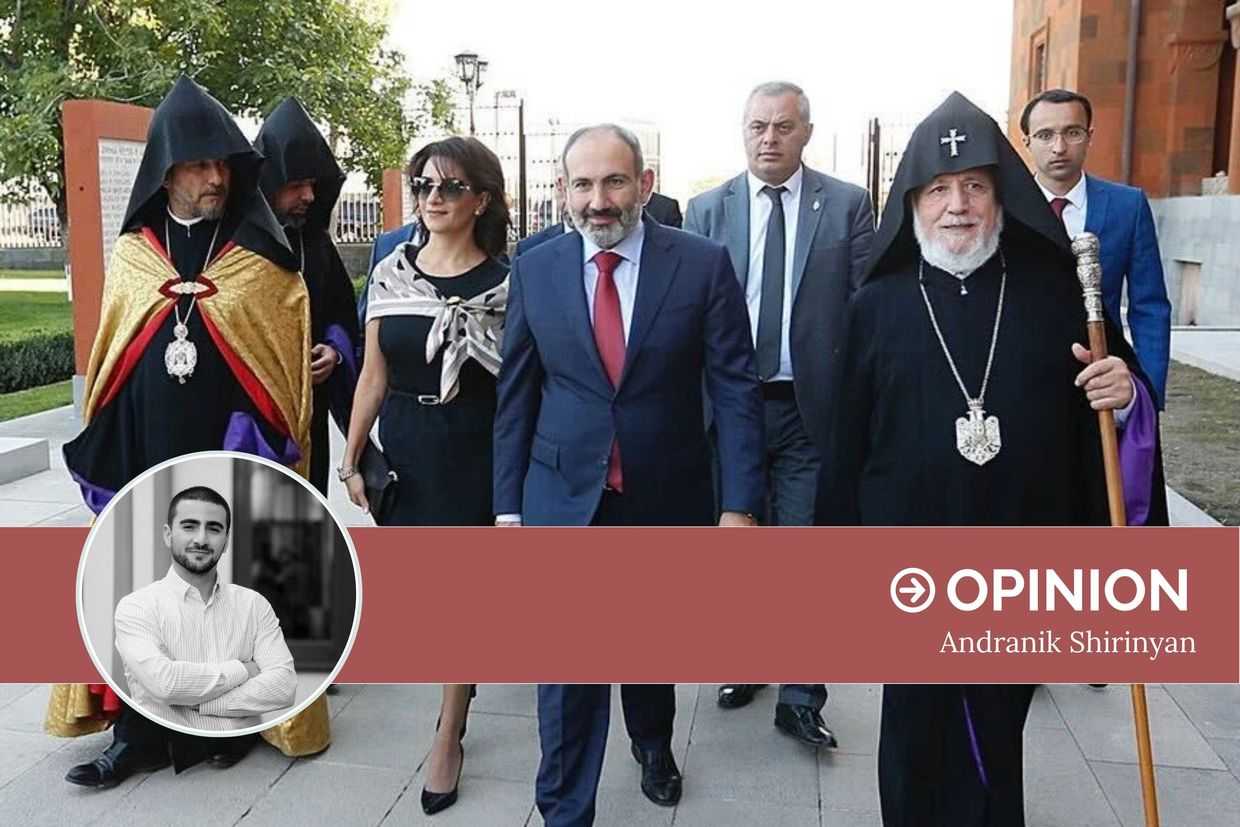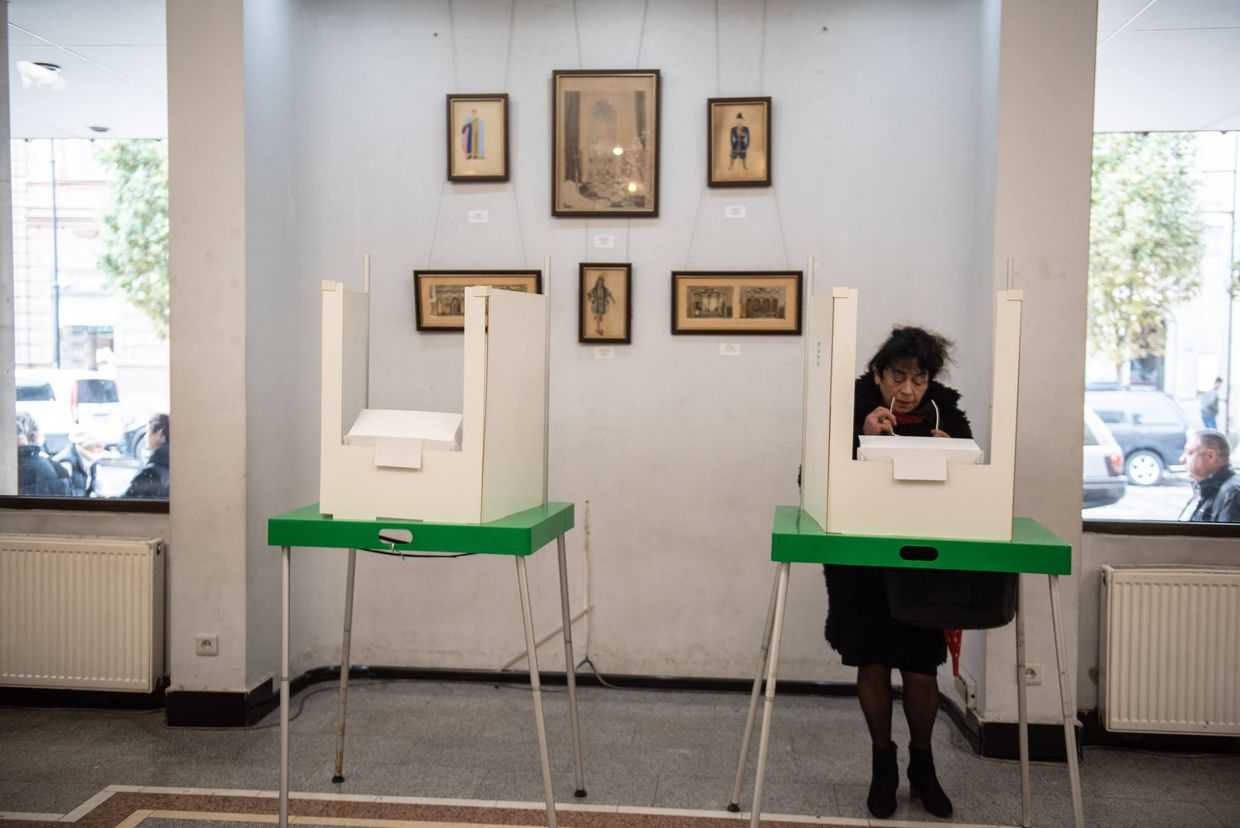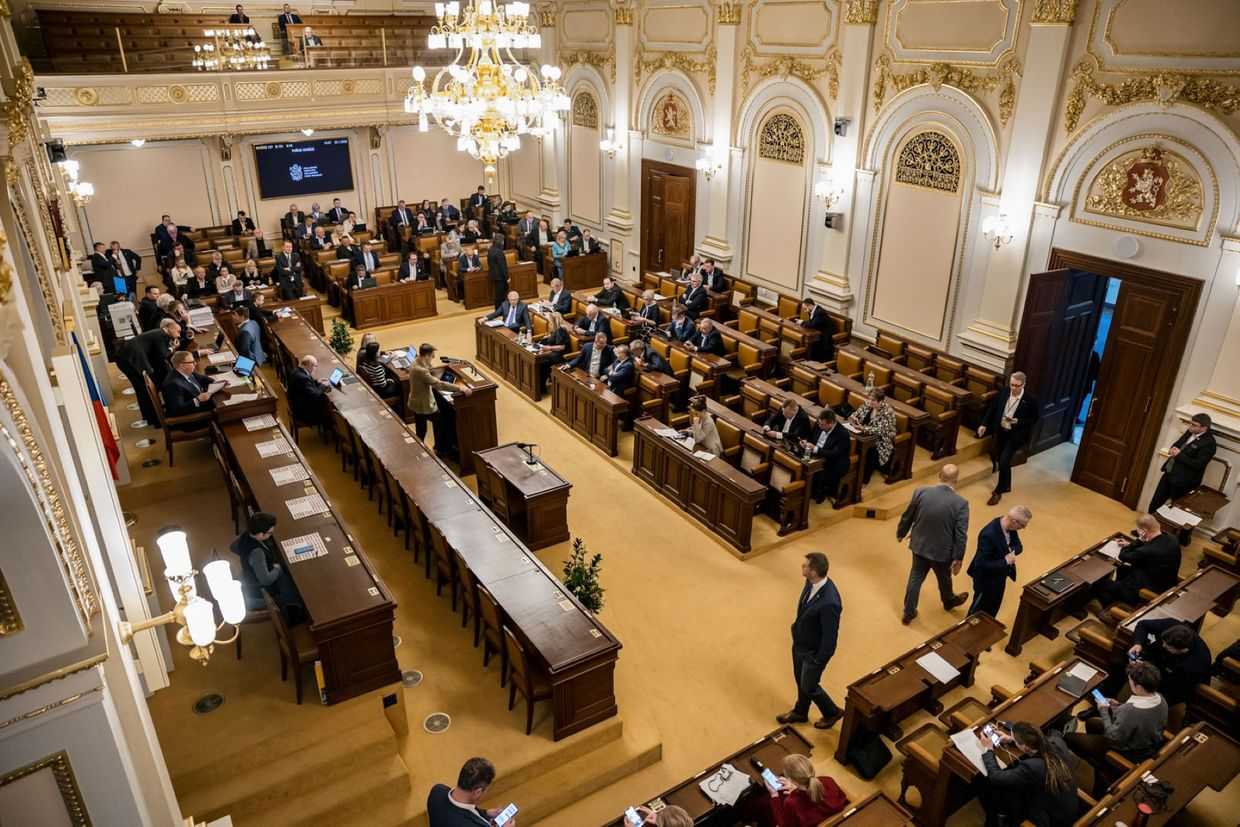
The Constitutional Court of Georgia has declined a motion to suspend the foreign agent law pending a final ruling on its constitutionality.
On Wednesday, the court announced it had agreed to hear the case against the law, more than a month after four separate lawsuits against it were filed and merged into one appeal.
According to their decision, none of the law’s articles will be suspended until the case is resolved. Two of the eight judges, Giorgi Kverenchkhiladze and Teimuraz Tughushi, dissented from this opinion, having supported the suspension of the law.
The court ruled that a portion of the claims that the foreign agent law violated the constitution should be heard.
These included claims that the law violates articles of the constitution on integration with Europe and Euro-Atlantic structures; the inviolability of personal and family life; freedom of opinion and expression, as well as freedom of mass media; the legitimate purpose of limiting freedom of expression; and freedom of association.
The court will also determine if the law’s retroactive application to the previous year is constitutional or not.
The hearings originally began on 29 August after four separate lawsuits filed by President Salome Zourabichvili, 38 opposition MPs, 122 civil society organisations, and two media groups were combined into one proceeding. After a three-day discussion, the plenum left for deliberation.
[Read more: Georgian President takes foreign agent law to constitutional court]
Following the deliberations, Constitutional Court Judge Eva Gotsiridze filed the only dissenting opinion over which sections of the lawsuit should be heard, arguing that Article 78 of the Constitution (Integration into European and Euro-Atlantic structures) was not applicable.
According to law, the court now has nine months to consider the case.
A number of civil society groups condemned the court’s decision not to suspend the law in a joint statement on Wednesday. They stated that the decision ‘lacks legal reasoning, does not take into account the legal conclusions of local and international experts, and represents a betrayal of the Constitution by the judges’.
The controversial foreign agent law labels any civil society or media organisation that receives at least 20% of its funding from abroad ‘organisations carrying out the interests of a foreign power’. Such organisations are subject to monitoring every six months, which lawyers have warned could include forcing them to hand over internal communications and confidential sources. Organisations that do not comply are subject to large fines.
The legislation was reintroduced by the ruling Georgian Dream party in April, followed by nearly two months of massive street protests during which riot police deployed water cannons, pepper spray, and tear gas as dispersal methods.
Since the law’s adoption, the EU and the US have cut aid to the Georgian government, while the US has imposed targeted travel bans and financial sanctions and the EU has halted Georgia’s EU membership application.









